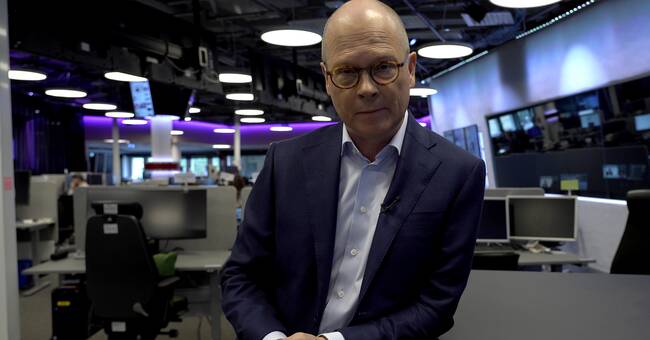Even if the negotiations between unions and employers broke down during the night until Thursday, it may be too early to declare them dead.
Both from the union side and from the employer side, representatives have certified that the parties were close to each other, but that a settlement could not be completed within the set time frame.
At the same time, both the Minister of Labor Eva Nordmark and the party leaders of the Center Party and the Liberals have called on the parties to do just that, to resume negotiations.
The unions Kommunal and Seko are, however, demanding that the government throw the controversial investigation proposal on labor law in the trash before they are ready to return to the negotiating table.
Statement of no confidence in the government removed from the agenda
For the January parties, it is very important that the parties settle.
An agreement between the social partners gives legitimacy to new regulations and can also be sustainable in the long term.
But a settlement would also mean that the government and the January parties do not have to deal with the politically so controversial issue.
Otherwise, the question of a motion of censure against the government right now seems to have been removed from the agenda.
M-leader Ulf Kristersson's announcement on Thursday means that the Moderates do not intend to support the Left Party's demand for a no - confidence vote.
The message may seem unexpected, given what Kristersson has said before, but should be interpreted as the Moderates believing that the Social Democrats can be harmed more by sitting still and being forced to deal with this internally so difficult issue.
In addition, the Moderates do not want to be a tool for the Left Party, which has clearly stated that they do not really want to depose Löfven but only stop the changes in labor law.
By leaving the government in place, the Moderates hope that the Las issue will continue to divide relations both between the Social Democrats and LO and between the Social Democrats and other January parties, especially the Center Party and the Liberals.
Whether the parties can sit down together again will be crucial
At the same time, it is difficult to predict how this issue will develop in the future.
Decisive for the next step is whether the parties are prepared to sit down together again.
This is what Stefan Löfven puts his hope in.
Expect that both he and the Minister of Labor are currently doing everything in their power to persuade LO to return to the negotiating table.
If this fails, difficult negotiations await with the Center Party and the Liberals on the bill that will then be put on the Riksdag's table - and a divisive conflict with the trade union movement.
The bill contains several controversial parts that are extremely difficult to digest for both the union and the Social Democrats, including extended exceptions from the rules of priority and greater opportunities for employers to dismiss employees.
The Center Party and the Liberals demand that everything be implemented, but are probably prepared to compromise.
The question is how far and whether it is enough for the Social Democrats to be able to avoid a union revolt.

